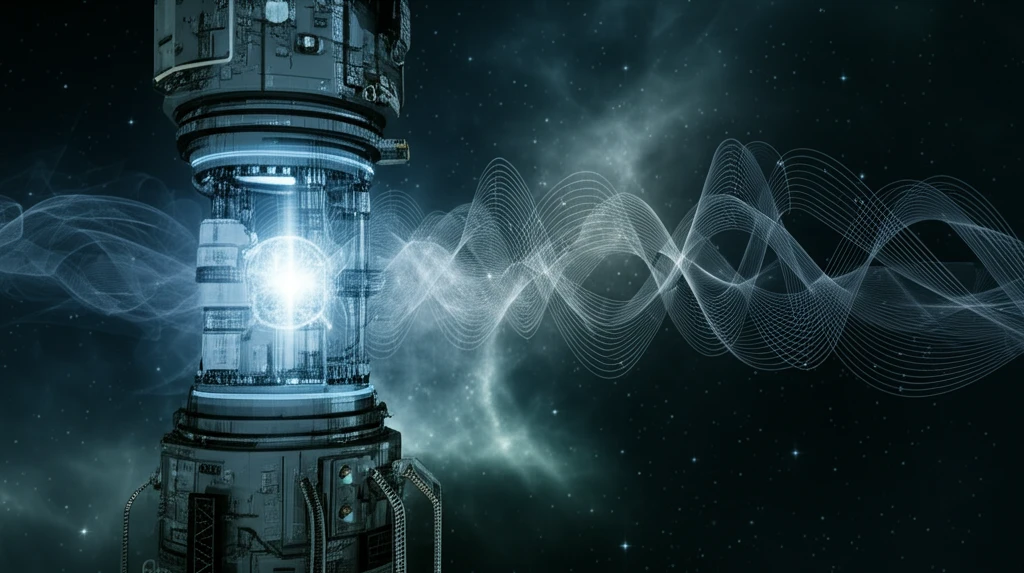
Demystifying Magnetometer Calibration: Why It Matters and How It's Done
"Ensure precision in magnetic field measurements with the latest advancements in magnetometer calibration techniques."
Magnetometers are indispensable tools in numerous fields, including science, transportation, and industry. These devices measure magnetic fields, playing a vital role in everything from navigation systems to medical diagnostics. Given their widespread use, ensuring the accuracy and reliability of magnetometers is paramount.
Magnetometer calibration is essential for maintaining accuracy. Over time, factors like temperature changes, aging components, and external interference can cause a magnetometer to drift, leading to inaccurate readings. Calibration corrects these errors, ensuring the magnetometer provides precise measurements.
This article delves into the world of magnetometer calibration, exploring its significance, the challenges involved, and the innovative techniques being developed to enhance measurement precision. We'll examine the active shielding method, a cutting-edge approach that eliminates ambient magnetic fields for more accurate calibration.
The Importance of Magnetometer Calibration

Magnetometer calibration is the process of correcting errors in a magnetometer's readings to ensure accurate and reliable measurements. Without regular calibration, magnetometers can produce readings that are significantly off, leading to flawed results in critical applications.
- Aerospace and Navigation: Magnetometers are used in aircraft and spacecraft for navigation and attitude control. Accurate readings are crucial for safe and efficient operation.
- Geophysics: In geological surveys and mineral exploration, magnetometers measure the Earth's magnetic field to identify underground resources. Precise measurements are essential for accurate mapping and analysis.
- Medical Diagnostics: Magnetometers are used in medical devices like magnetoencephalography (MEG) to measure brain activity. Calibration ensures the accuracy of these measurements, aiding in the diagnosis of neurological disorders.
- Industrial Applications: Magnetometers are used in manufacturing and quality control to detect flaws in materials and monitor equipment performance. Accurate readings help maintain product quality and prevent equipment failure.
Looking Ahead: The Future of Magnetometer Calibration
As technology advances, the demand for precise magnetic field measurements will only increase. Innovations in calibration techniques, such as the development of highly accurate closed-loop systems and 3D arrangements of Helmholtz coils, promise to further enhance the accuracy and reliability of magnetometers. These advancements will pave the way for more sophisticated applications in diverse fields, from scientific research to industrial automation.
